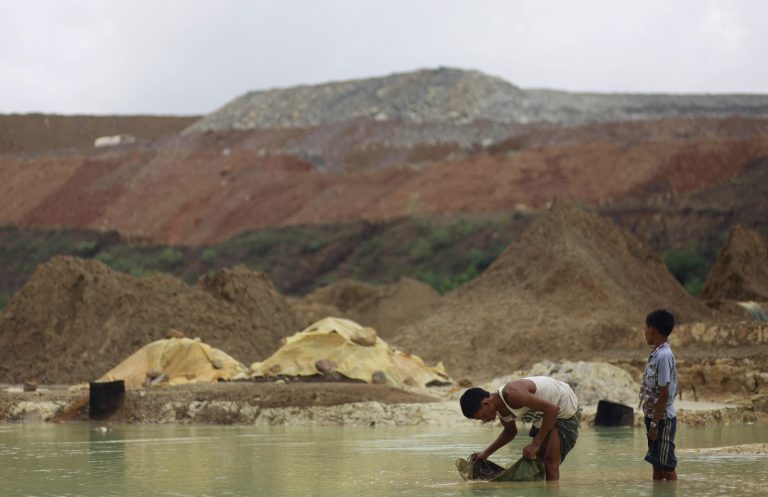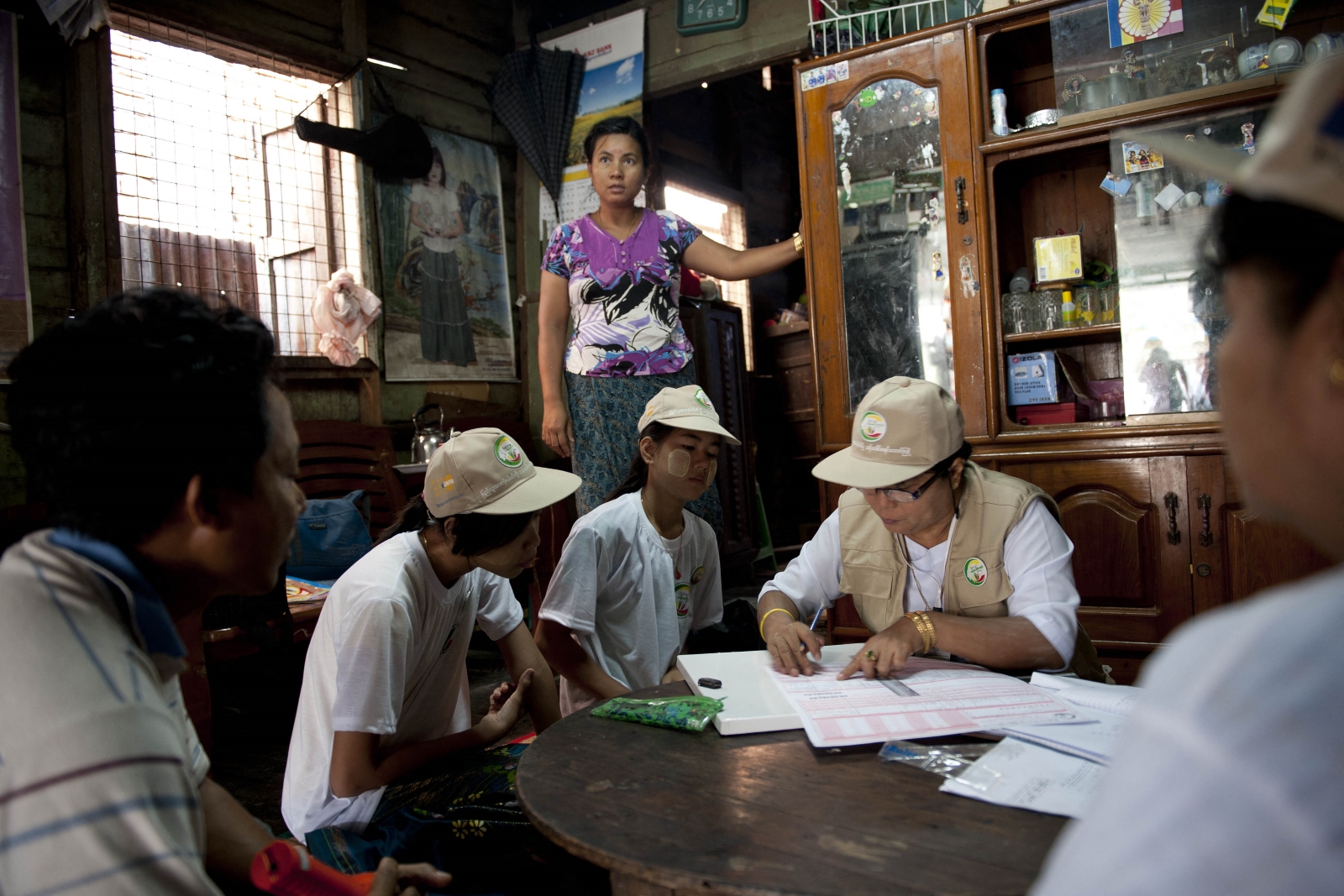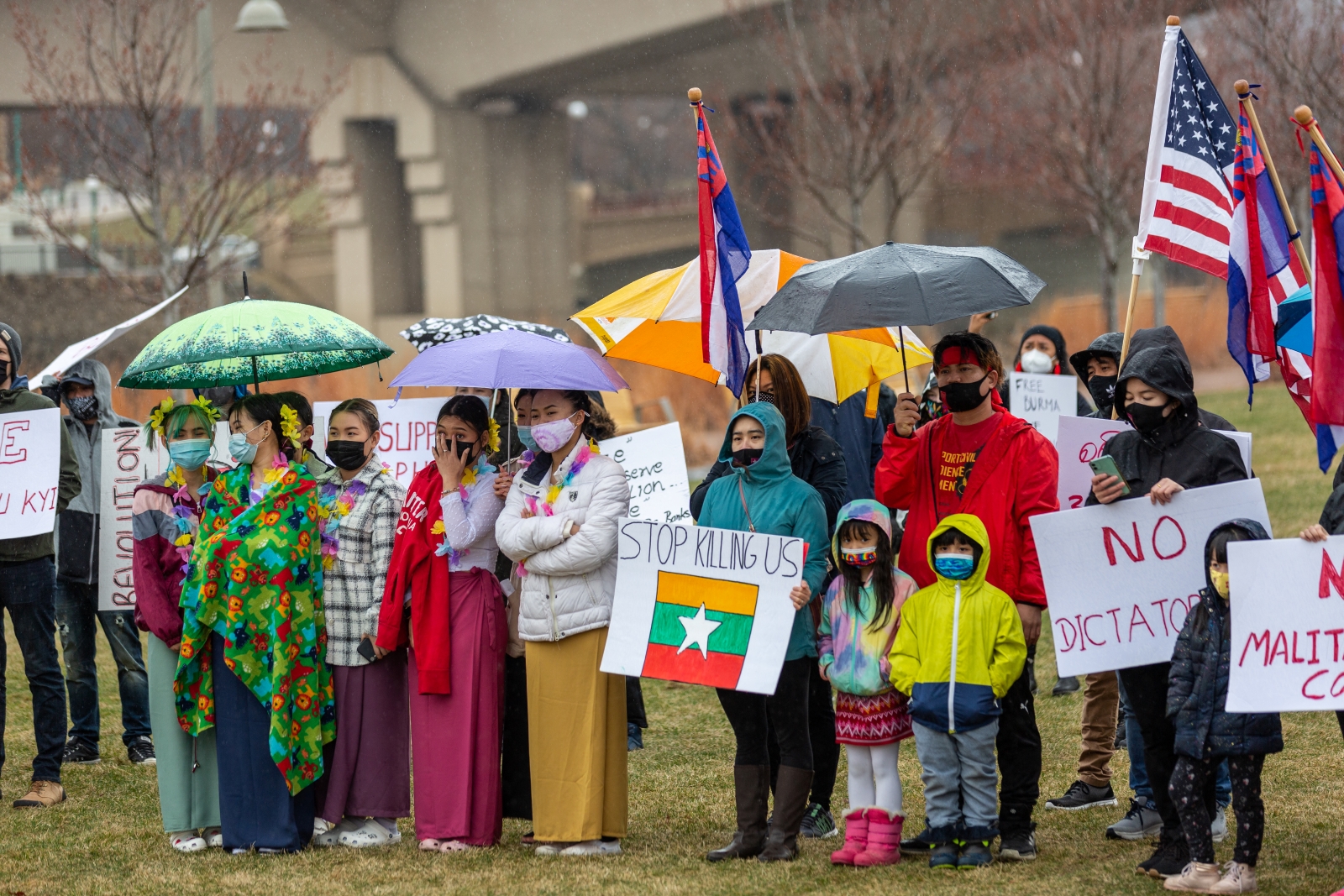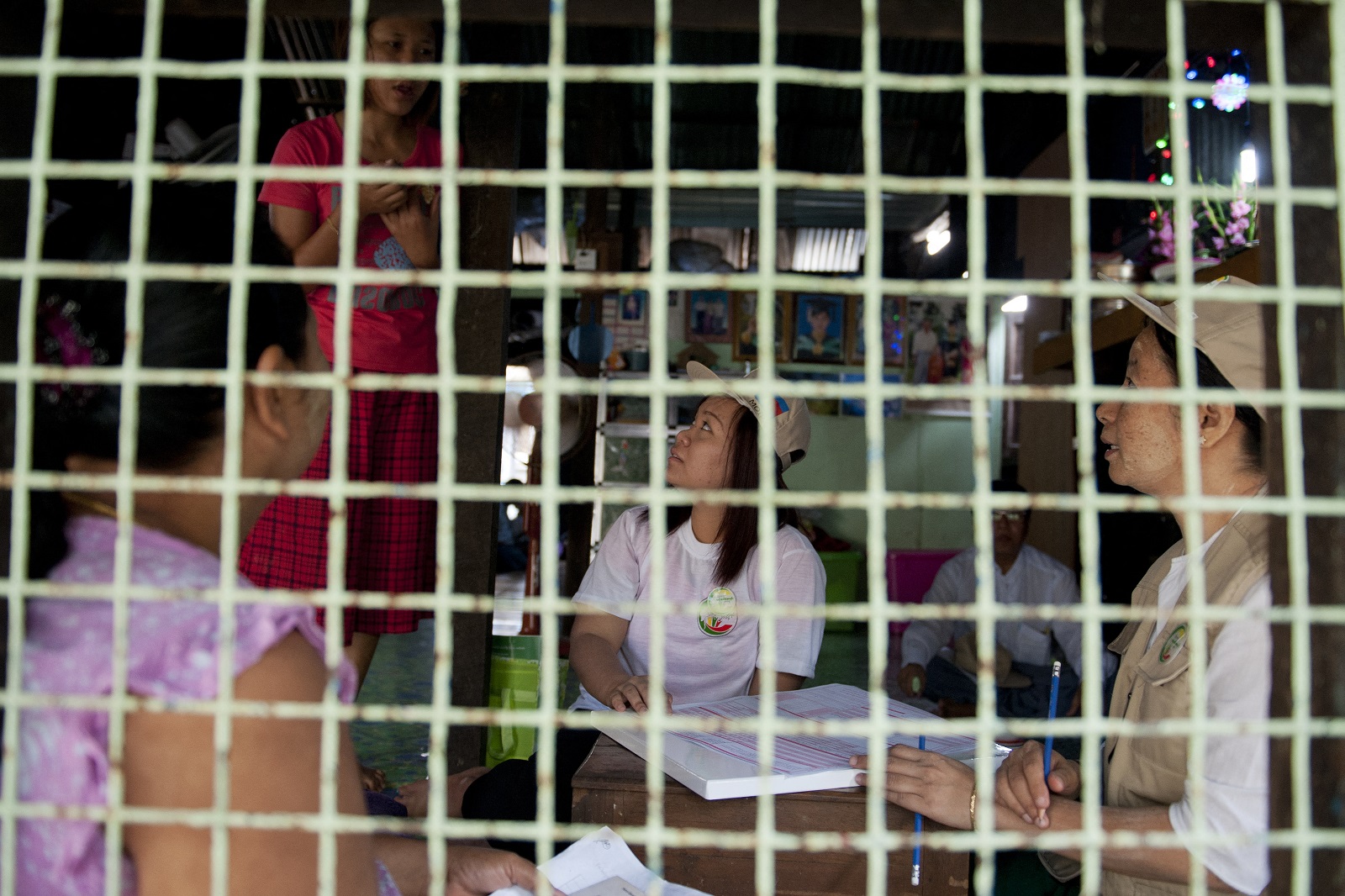The election might result in the lifting of US sanctions, but more is needed to break down the barriers keeping investors from Myanmar.
November 8 must have been a great day for members of the American corporate community that are eyeing investment opportunities in Myanmar. The election victory of the National League for Democracy, and an orderly transfer of power at the end of March, might signal the lifting of all United States economic sanctions later next year. The eventual removal of Myanmar citizens from the Specially Designated Nationals list will open up a world of potential alliances between US businesses and the nation’s companies, including those run by cronies.
More importantly, the lifting of restrictions will make dollar transfers through American banks possible, allowing the greenback, still the lifeblood of the world economy, to flow freely into the country.
This is not to say that investors will flock to Myanmar in the immediate future. The first wave of investors after reforms began in 2011 was prepared to absorb a high level of risk. The more cautious investors who have been waiting on the sidelines will not commit to Myanmar until there has been a smooth transfer of power. They want a lower level of risk and an improved business climate.
On the subject of risk, democracy does not necessarily bring stability, the essential prerequisite for any investor before they put their money on the table. There is potential for risk arising from the relationship between an NLD-government and the Tatmadaw, the nation’s most powerful institution, which has budgetary autonomy and controls the appointment of ministers to the key security portfolios of Defence, Home Affairs and Border Affairs. At the same time, the incoming government will be confronted by a challenging scenario that will include the weight of expectation for rapid change, a faltering peace process, possible hostility from the Buddhist nationalist Ma Ba Tha movement and lingering intercommunal tensions in Rakhine State.
The NLD will inherit these problems, but not the means to solve them.
Support more independent journalism like this. Sign up to be a Frontier member.
There is huge room for improvement in the business environment. In the World Bank’s annual ease of doing business assessment this year, Myanmar was ranked 167th out of 189 economies. Improvement is needed across the board to deal with such issues as a lack of access to credit, the need for better investment protection, the difficulty in enforcing contracts and resolving insolvency and the excessive red tape involved in applying for permits and registering businesses.
But there’s more.
The introduction earlier this year of a minimum wage, a welcome move aimed at ensuring that workers can earn a decent living, has meant that labour costs in Myanmar are now fixed, but at a level still considerably lower than in neighbouring countries. But the country will need to address its infrastructure challenges – including unreliable electricity, poor roads and slow internet – before it can reap the economic advantages of a competitive edge in terms of cheap labour.
Conservatism is another stumbling block. Banking reform is moving forward at a snail’s pace, because the officials in the Central Bank of Myanmar are reportedly stuck in ways that were relevant three decades ago, but not anymore.
In the Yangon City Development Committee, the younger generation of civil servants is ready to embrace ambitious foreign urban planning initiatives, notably JICA’s master plan for the economic capital, but high-ranking old guard officials, many from the Ne Win era, are blocking progress.
Transitions are multi-faceted processes. The fact that peaceful and relatively free and fair elections have taken place is to be applauded. But given the limitations on the powers that will be transferred to the democrats, the political risks lurking under the surface, and the obstacles to attracting more foreign businesses, a boom in foreign direct investment is unlikely anytime soon.






